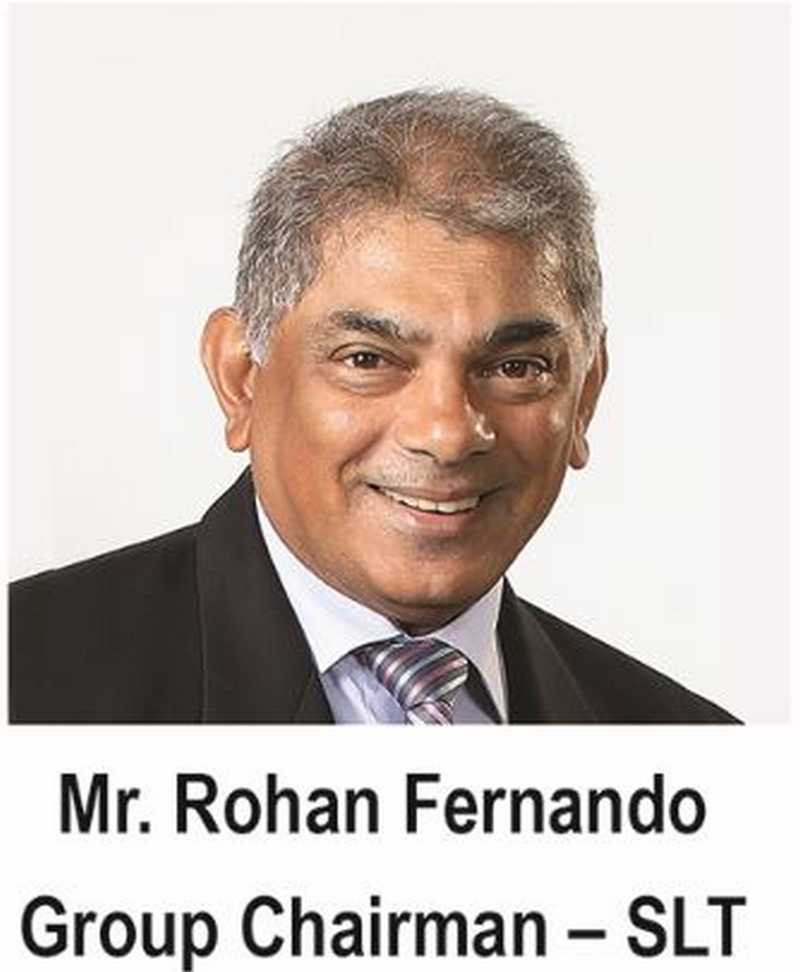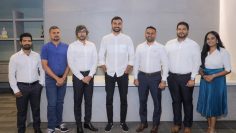
Group Chairman SLT proposes four fundamental policies to transform loss-making SOEs
While selling assets may be the easiest solution to ward off the national crisis Sri Lanka currently faces, another option lies in transforming loss-making SOEs (State Owned Enterprise) whose rich assets can be turned around to profitability driven and managed by clean, experienced corporate executives, said the SLT Group Chairman Rohan Fernando. He made these remarks while addressing the CMA National Management Accounting Conference 2022 in a session titled ‘State-Owned Enterprises – Are They Well-Managed or Mismanaged’.
“Our country faces key issues in several sectors. Currently privatizing state institutions that are running losses of up to billions of dollars is a key topic of conversation among the government, economists, think tanks and donors looking to reform the country’s economy,” Fernando said.
“If you take our Company (SLT Group) as an example, we did what we did by gaining the confidence of the trade unions and the staff on four fundamental principles namely ‘Zero Corruption’, ‘Maximize Efficiency’, ‘Minimize Waste’ and ‘Inclusiveness in Management. Yes, just these four principles brought to the fore which kept our staff content and at peace with no industrial disputes,” he elaborated.
Citing the overburdened transport sector of the country as an example Fernando said, “Railways holding multi-billion rupees worth of assets in fixed infrastructure and rolling stock but how often do we see trains running on these rails and at what speed? Do we need to sell or restructure with the participation of staff and credible investments? Food for thought. The shortage of public transport during peak hours, overcrowding, congestion, lack of planning and coordination, and fuel wastage are dilemmas that need urgent attention. This is just one worrisome institution which can be transformed from a national burden to a crown jewel.”
He elaborated further how Sri Lanka’s judicial process can also be improved by digital platforms to deliver justice without delay. Shedding insight, Fernando noted that citizens do not have access to appropriate legal redress and equitable relief due to the higher number of cases. Due to the lengthy time taken for resolution, the system is overburdened with physical documents and lack of integration between relevant institutions. Thus, a large number of citizens waste days in court and still come away with limited information relating to their cases.
Fernando added, “Our Agri-value chain faces issues, so do our overly burdened healthcare sector. We need to understand the challenges and address these issues. Critical sectors and services must be transformed into efficient, transparent, and profitable entities which in turn can transform people’s lives – this is the true system change the country needs. Currently, state welfare is offered to all citizens rich or poor which the government coffers cannot afford. Whereas the welfare offered should only be provided to the deserving who are at the bottom of the social strata through a digital platform identifying the poorest.”
“Yes, we are beset with issues and challenges – when crises are in motion, turning them into opportunities often requires new ways of seeing, thinking, and responding. SLT epitomizes how it can be done. SLT is a prime example of seizing opportunities and being able to bring impactful change for the nation,” Fernando opined.





